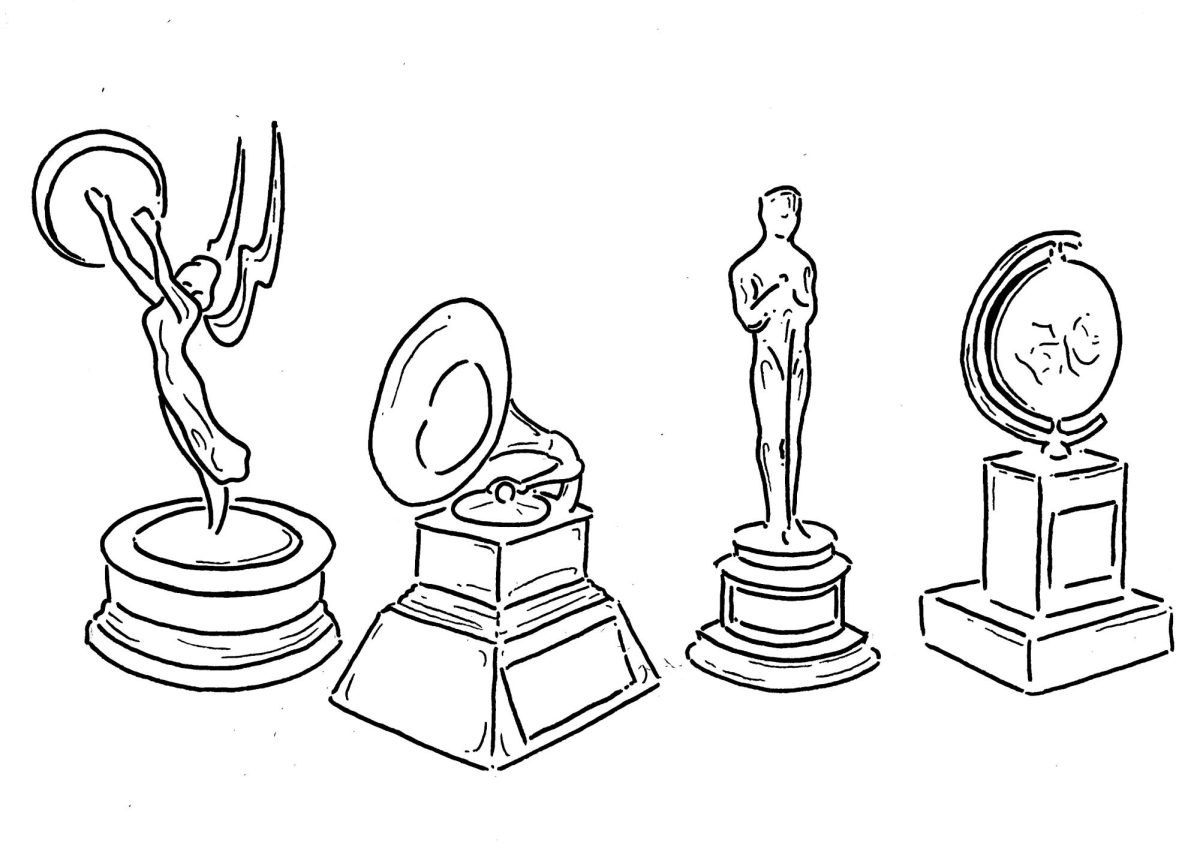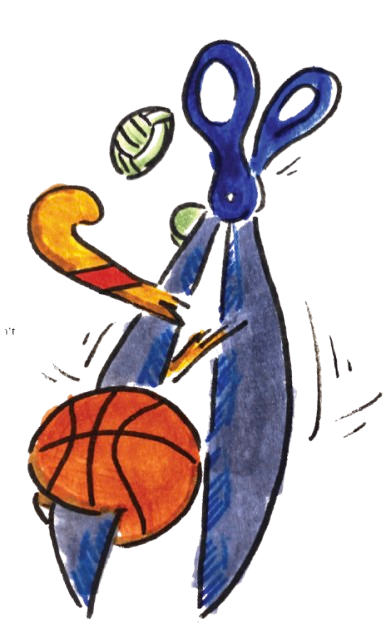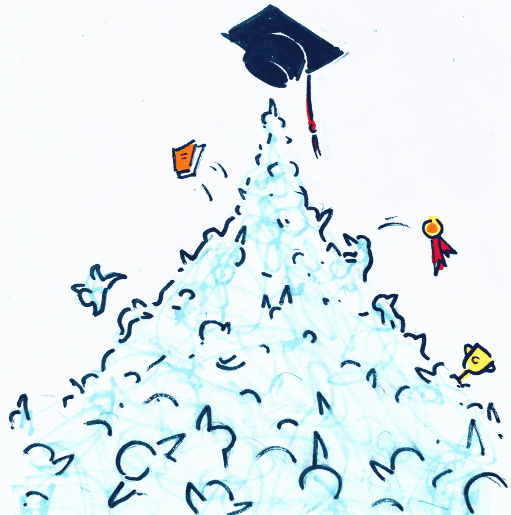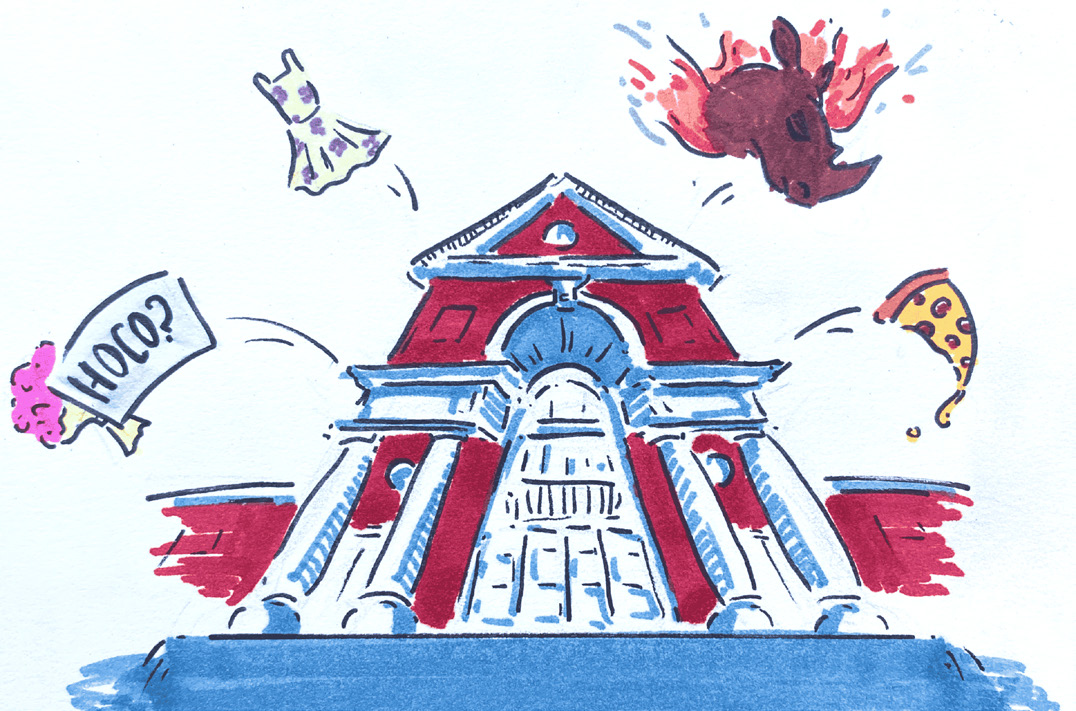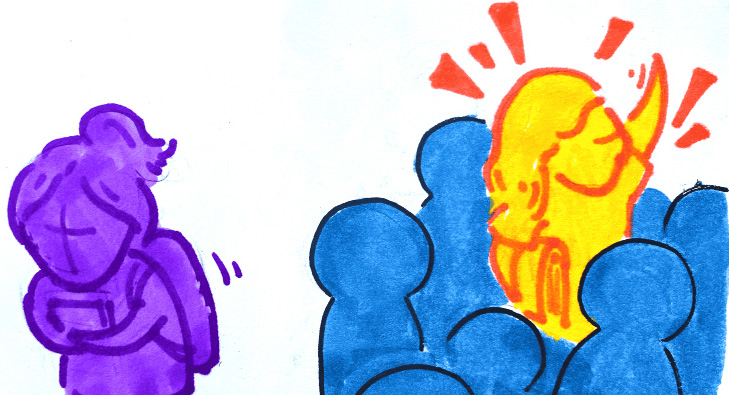I freely acknowledge that in no way am I an expert on pop culture, celebrities, or the entertainment industry. But as a frequent Spotify user and a sixteen year-old girl in possession of an admittedly overpriced Vogue subscription, I fall squarely within the target audience for some of the entertainment industry’s most publicized events: award shows.
Given my lack of familiarity with the topic, I did some background research for this article. In true investigative journalist fashion, I went deep undercover: I created a X (formerly known as Twitter) account.
Disclaimer: Although I am aware that my personal history as an anti-social-media proponent makes this particular turn of events potentially hypocritical, any doubters should simply take it as a sign of my own journalistic integrity and undying devotion to The Record.
Most of the posts that soon populated my feed could be sorted into the following categories: irrelevant rambling, wholesome support, or obscene profanity. And while I know that it’s considered socially acceptable for people to dedicate large portions of their emtional life to their celebrities of choice, trust me—nowhere are these investments larger or more dedicated than on Pop Culture Twitter.
Take Lina, for instance. @MsLm_07 was apparently deeply offended by the Critic’s Choice’s failure to nominate Owen Wilson: “Yet again proof that award shows, even critics choice, are a f****ing joke…other people barely got through their lines and somehow got nominated.”
Another particularly vengeful keyboard warrior defended Megan Thee Stallion’s honor in a video from the BBMA’s; in response to @1Tamonie’s claim that Megan was “cringy,” @STARSCREAM replied, “You’re cringey stfu, she looks 10x better than you’ll ever look so stop being so insecure.”
Even the eternally unproblematic Andrew Garfield was somehow dragged into this metaverse disaster. Yasmine responded to @mooninmyheart’s arguably beautiful Garfield compilation with the caption: “i need him in a way that will set feminism back by 50 years.”
These comments are not very funny. Nor are they particularly thought-provoking, in any sense of the word. In fact, as I was scrolling through the bleak, endless doom of my Twitter feed, I found myself wanting to gouge my eyes out on multiple occasions. Alas, I persevered—another testament to either my dedication as a researcher or the unbelievably addictive quality of social media.
But regardless of their value, these comments do successfully speak to a larger, more disturbing trend in pop culture: our unhealthy infatuation with celebrity.
It’s extremely concerning to me that people are so invested in celebrity culture that they’d be willing to wage online wars for people they’ve only seen on screens.
In fact, the comments I featured above are much milder versions of the content I encountered during my hour on Twitter. Users deployed racial slurs, hate speech, extremist language, and blatant misinformation just to prove that some random celebrity was unfairly snubbed at some random award show.
Which brings me to my second point: why is it that everything in our world must be so divisive? Don’t get me wrong—I firmly believe that people should have opinions, and as a result, it is naturally good to have spaces in which these opinions can clash. But I also believe that there are proper places to have these types of discussions, and realistically, one of those places is not inside the bleachers of the Crypto.com Arena while Celine Dion is presenting Taylor Swift with her second Grammy of the night.
I think it’s great that people are interested in holding celebrities accountable for their political affiliations, but the way that many are doing it—e.g. telling Taylor Swift that she “stinks like pee pee” and is “the epitome of white feminism and mediocrity” (@srirachabeer)—turns an opportunity for productive conversation into vindictive, childish name-calling.
Many award shows have a storied history of engaging in harmful stereotypes—in the ninety-four years of the Oscars only three women have won best director. But instead of targeting the problematic beginnings of the shows themselves, most people seem to be using politics and crude social commentary as a weapon to avenge scorned celebrities. It is this neglectful use of language, particularly on social media platforms, that is responsible for cultivating an online environment characterized by cancel culture and stark polarization.

